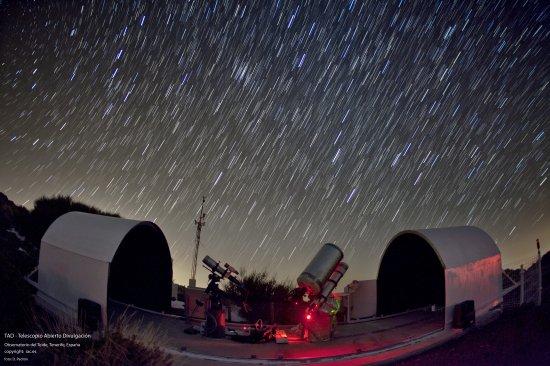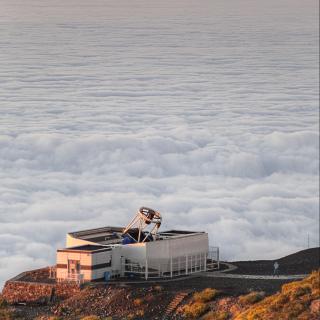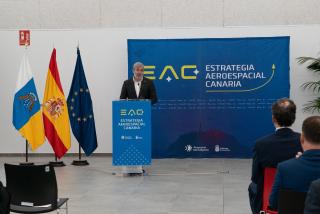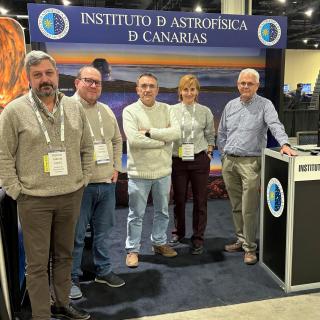Advertised on
The GLORIA project provides public access to the first of its 17 robotic telescopes: The Open Outreach Solar Telescope (with the Spanish acronynm TADS), located at the Teide Observatory and owned by the Instituto de Astrofísica de Canarias (IAC).
Further information: IAC Spanish press release



